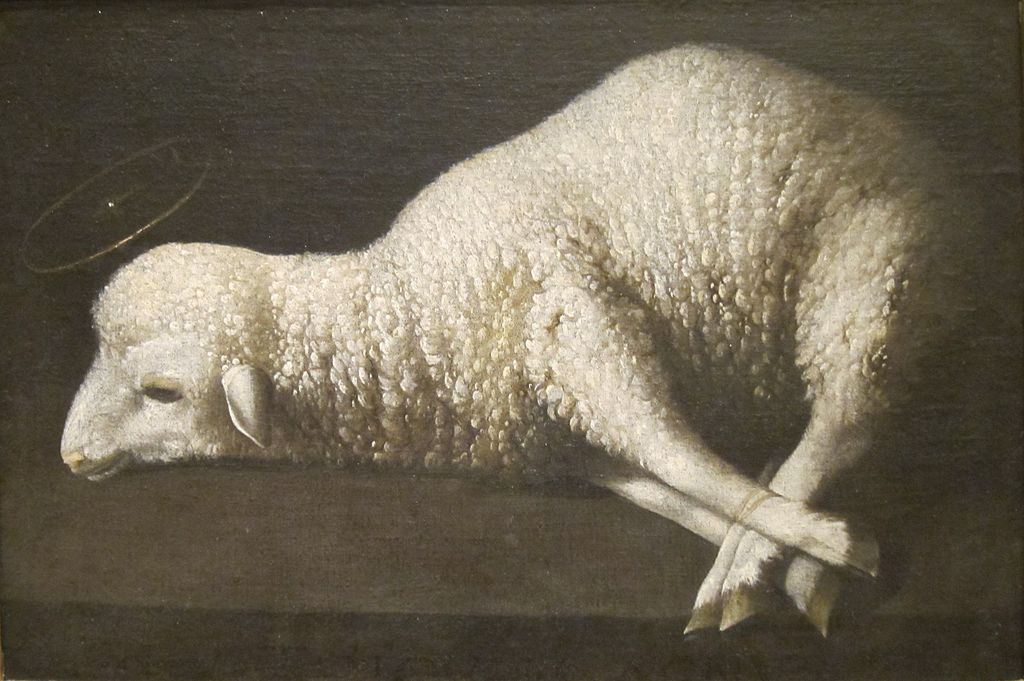I grew up in an atmosphere where I would often hear the word 'covenant' and the phrase 'covenant theology'. My uncle would often reply when asked if he enjoyed a preacher - after a short silence - 'he (the preacher) could do with some covenant theology'. Basically this was code for the preacher being pretty superficial and shallow and didn't understanding the interplay between systematic and biblical theology that help us to see the bible as the great picture of unfolding redemption that it is. The bible is not a random series of stories. Not is their a clash between the Old and New Testament as if God couldn't quite get it right in the old but finally got on track in the new. God never changes and so much of what we see in the old is seen more sharply in the new particularly in the person and work of the Lord Jesus Christ. As somebody has said 'the name of Jesus is whispered on every page of the Old Testament.' You might find David Murray's 'Jesus on Every Page' podcasts helpful particularly this A beginners guide to covenant theology.
What is it?
I found this podcast by Nancy Guthrie and Ligon Duncan really helpful in understanding what a covenant is. Ligon Duncan acknowledges the work and ministry of Owen Palmer Robertson and his work 'Christ and the Covenants'. Essentially O. Palmer Robertson defines a covenant as 'a bond in blood sovereignly administered'. A covenant is the sign or seal on a relationship between God and his people. It is a bond in blood symbolising that it is life and death. This relationship or covenant is serious. Its not like a marriage relationship that people cast aside after a few years. Covenants in the bible are often associated with blood sacrifices to show that to violate the covenant is to court codemnation and death. The covenant is sovereignly administered because Gods offers the covenant in grace and they are received by his people by faith. As Ligon Duncan says of covenant theology: 'It also shows how the whole Bible hangs together. Because the Bible story, it’s not a series of disconnected actions, and activities, and histories, and stories, it’s one continuous plan and purpose of God unfolding. And the Bible itself will structure that plan using the covenant.'
How does it help?
Well covenant theology helps us to have a much deeper understanding on the sacrifice and death of Christ. Genesis 3 is connected to the cross. The promise to Abraham is fulfilled in Christ. The Psalms, seen through covenant theology, become messianic hymns, rather than old fashioned songs superseded by the latest praise and worship craze. As Ligon Duncan says: 'In the Bible, both the Old Testament and the New, if you understand the covenants, God Himself supplies the sacrifice that we need. We’re not getting something out of God by sacrifice, God is giving something to us in sacrifice.' We see this in the story of Abraham and Isaac at Mount Moriah. It is God who supplies the substitutionary sacrifice that Abraham so desperately needs. He is 'the God who provides'. We start to see that even in the so called 'covenant of works' God is working in grace.


Covenant theology is a rich source of encouragement for us as it helps us to see that God's love for us was not an afterthought. It wasn't a backup plan. God has always been a covenant making and a covenant keeping God. The covenants have always been based on God's grace and they have unfolded to reveal a rich and beautiful plan of salvation that climaxed at the cross of Christ. Jesus is the fulfilment of of so many many covenant promises. David's life has many twists and turns but at the end his great hope was in the God of the covenant.
The Spirit of the Lord spake by me, and his word was in my tongue.
The God of Israel said, the Rock of Israel spake to me, He that ruleth over men must be just, ruling in the fear of God.
And he shall be as the light of the morning, when the sun riseth, even a morning without clouds; as the tender grass springing out of the earth by clear shining after rain.
Although my house be not so with God; yet he hath made with me an everlasting covenant, ordered in all things, and sure: for this is all my salvation, and all my desire, although he make it not to grow.
2 Samuel 23 v 2-5

No comments:
Post a Comment